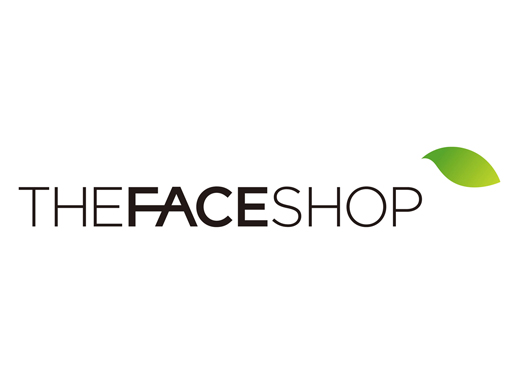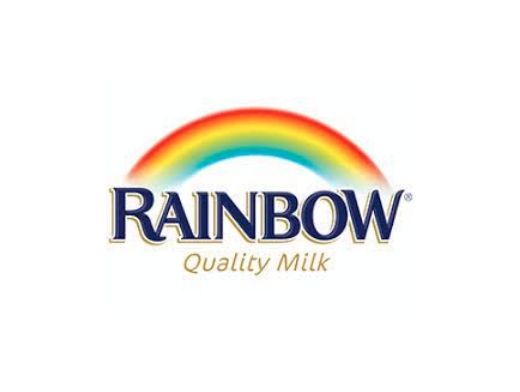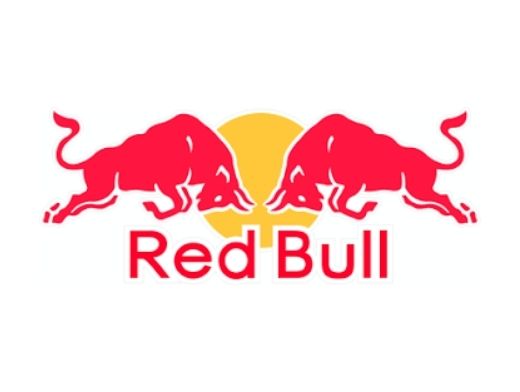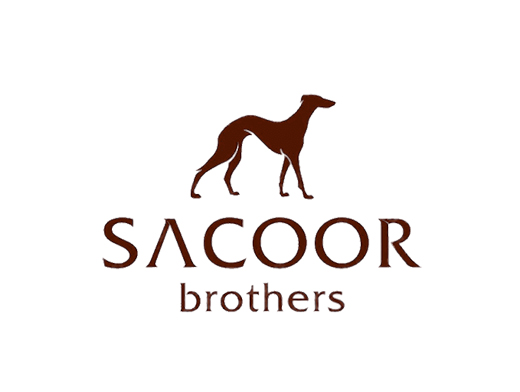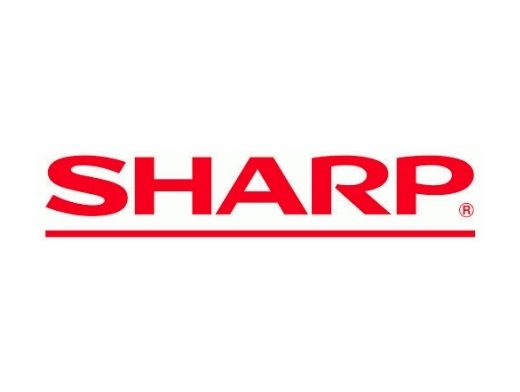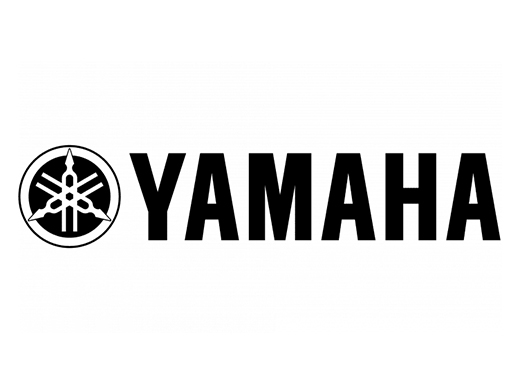There is a strong urge to start production on a movie or video as soon as feasible because it is an exciting prospect.
To be successful, a movie requires a lot of planning and preparation, which includes abiding by all legal requirements.
Consequently, this essay will assist you with the legal aspects of filmmaking.
Every component of your movie must be lawful if you plan to distribute or broadcast it in any form.
It also entails abiding by all legal requirements, copyright regulations, and permission requests as necessary.
To protect yourself from any damage or injuries sustained while filming, you must also have sufficient public liability insurance.
"UK Film Regulations:
Several rules are in place to maintain the UK's film-friendly environment. It is not all-inclusive, thus complete advice should always be obtained from the relevant authorities in the city or within the locality where you wish to film.
Similarly, you can also liaise with filming organizations like Video Production Company in UK to assist you in obtaining the desired approvals or licenses for your filming project. An overview of UK laws can be found below.
Shooting in Public Areas:
Local Authority
If you want to film on public property, you should find out if you need approval from the relevant local government or council. They are in charge of maintaining public lands, structures, parking, and roadways. The UK screening agencies can direct you to the right local authority contact.
Police
If you intend to use fire, guns, explosives, special effects, or film on a public highway, you will need the complete cooperation of the local police department (including replicas). Additionally, you will require authorization to depict law enforcement personnel in uniform or marked police cars in a movie.
Any planned filming within the local police force's authority needs to be communicated in writing. You can organize this process with the aid of the UK screen agencies.
Shooting on Public Streets
You must speak with the neighborhood police and the local authority's Highways Department before filming on a public route. Both must ensure that your plans are secure and do not endanger other drivers. Stunt coordinators are required if you intend to stage stunts, and they should be involved in the planning process from the onset.
Finding out what permits and rights clearances have been obtained at the place will also be important, as will information on the safety requirements for any tracking vehicles you hire.
Advisory services for authorization and rights clearances
You require written authorization to utilize the location and to display the chain's name or logo when filming inside a restaurant or retail establishment.
If you shoot outside a business, you don't need permission to display its name or logo, but you run the danger of legal trouble if the setting is utilized to convey a bad message, such as in a movie about "poisoned restaurant food."
You can use people's faces in a movie without getting their consent. Films shot in public spaces are protected by the filmmaker's copyright under UK law.
Unions in the UK
Unions offer advice and assistance on wage rates and working conditions.
The professional performers' and artists' union in the UK is called Equity.
The media and entertainment trade union in the UK is called BECTU, and its members work in the fields of broadcasting, cinema, film, digital media, independent production, leisure, theatre, and the arts.
The Authors Guild of Great Britain (WGGB) is an organization that advocates for the rights of professional writers in the fields of TV, film, theatre, radio, books, poetry, animation, and video games.
Aerial Shooting
Drones and other unmanned aerial vehicles are governed by the Civil Aviation Authority (CAA) in the United Kingdom (UAV). Here is where you can apply to operate a drone or UAV.
If you need additional types of aerial filming, you can obtain a list of qualified, authorized businesses by using a directory like Kays or The Knowledge.
Engaging Children in Work
Every child younger than the "state school leaving age" (this could be 16 or 18 depending on where you are filming) needs to have a license from the local education authority. The hours they are allowed to work, any additional precautions that must be taken to protect the child, and other conditions are specified in this license, which a production house like Video Production Company in the UK can help you obtain.
Additionally, information should be given to the area's local education authority. Your production will comply with all standards if you choose a UK line producer who is experienced with the child licensing process.
Engaging Animals in Work
When making a movie with animals, you have to find the right animals and make sure they come from a reputable owner or supplier. The RSPCA standards for the use of animals in the audio-visual sector must also be followed.
Using Weapons
Even when filming on privately held land or sites, you are still required to notify the police if you use any weapons (even replicas or inactive firearms). Kindly get in touch with us to be connected to the appropriate organizations.
A fact sheet describing your legal responsibilities as well as best practices is available from the Health and Safety Executive.
Explosives Usage
A person working in a specialized field of filming, such as handling explosives, should possess the necessary training and credentials. In safety-critical departments, these professionals are evaluated using the Joint Industry Grading Scheme (JIGS). You must also let the appropriate police agency know that you plan to utilize explosives.
The rules and regulations governing the use of explosives will be familiar to a seasoned UK line manufacturer.
A fact sheet describing your legal responsibilities as well as best practices is available from the Health and Safety Executive.
Smoking Regulations
On July 1st, 2007, smoking was outlawed in enclosed public places in England. The ban is in effect on movie sets just like it is in other places, although there is an exception that allows actors who are compelled to smoke as part of their roles to do so during that particular period of filming. On the website of the Office of Public Sector Information, the regulations are available in their entirety.
To Avoid Legal Pitfalls
There are additional legal considerations you need to be aware of in addition to obtaining permission for certain filmic aspects. Avoid in the script in particular:
1. obscenity Severe or corrupt content should be avoided. You wouldn't be the first movie to face such a penalty.
2. Blasphemy. Content that offends or degrades religious sentiment should be excluded. The British Board of Film Classification has a history of outlawing blasphemously offensive works for feature films.
3. Defamation False charges against a distinguishable, living person that might make them disliked are not permitted. If the individual, even if they aren't identified, can be recognized, then this rule might also apply to characters based on real people.
4. Illegality. Don't support criminal activity or engage in illegal activity. Naturally, documentaries fall within this category.
5. True stories are allowed, provided that artistic license is used to distort the facts. Instead, use language like "based on a genuine story" or something like that.
Rule one is common sense. Stay safe on set, avoid unnecessary risks, and employ best practices regardless of whether you are filming as an independent filmmaker or collaborating with a film company like Video Production Company in the UK—it should go without saying. In actuality, this entails covering wires with tape, barring unauthorized individuals from your sets, outfitting workers with safety gear like gloves for handling hot lights, etc.









